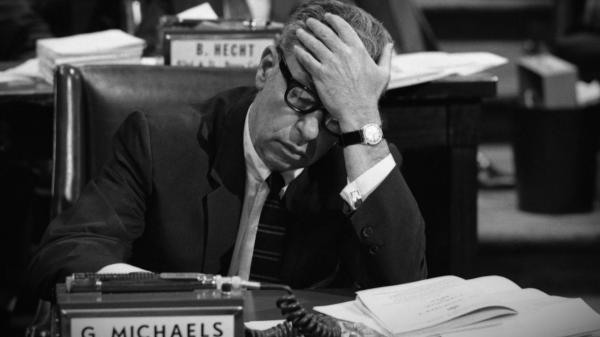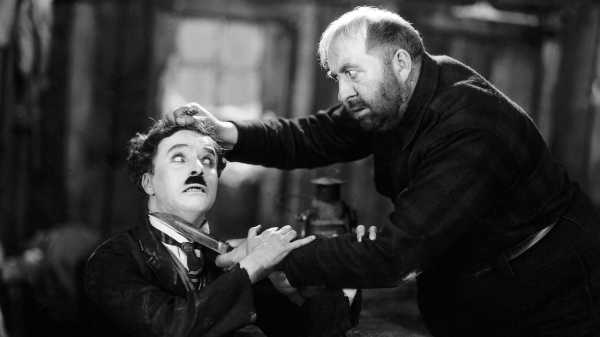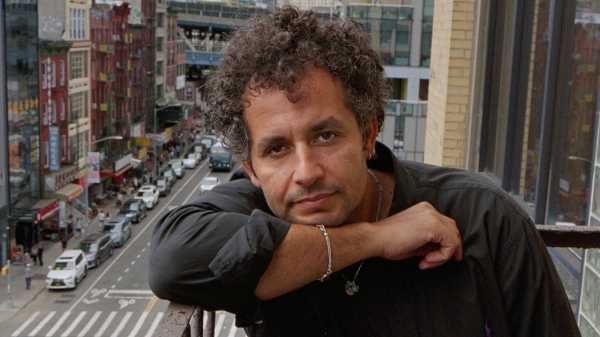
Save this storySave this storySave this storySave this story
In April, 1970, three years before Roe v. Wade made it legal nationwide, New York passed the most expansive abortion law in the U.S. Three other states passed similar bills in the same year, but New York’s was of particular national significance because it allowed patients to get an abortion even if they weren’t residents. This made the state a hub for people from other parts of the country seeking to safely end their pregnancies. That role has become a lasting element of New York’s political identity—in anticipation of the Supreme Court overturning Roe, in 2022, it passed a suite of laws to again become a sanctuary state for those seeking abortions—but that 1970 law almost fizzled out in the state legislature.
The New Yorker Documentary
View the latest or submit your own film.

An earlier version of the bill, co-sponsored by a Democrat and a Republican, had already been defeated, and pressure from constituents and religious groups who opposed the measure was intensifying as the second vote neared. Several Assembly members who had supported the bill told the New York Times that they had been denounced in sermons at their churches as murderers. When the bill returned to the legislature a week later, the proceedings were televised, and it was debated for four hours. Three members reconsidered their affirmative votes, leaving the bill likely to fail by a margin of one. The outcome seemed so inevitable that observers had already started filing out of the chamber when George Michaels, a member from Auburn, a city of roughly thirty-five thousand people in the Finger Lakes, asked to speak. Michaels was a Jewish Democrat from a largely Catholic and Republican district, and he had originally voted against the bill, in keeping with the views of most of his constituents. When the bill had seemed certain to lose, Michaels was content to vote against it—but he didn’t want to be single-handedly responsible for its defeat. Michaels reversed his vote, knowing that his decision would cut his political career short and endanger his law practice. The consequences came quickly. Nine days later, the Democratic Party in his county declined to endorse him for reëlection.
Jeremy Workman and Robert Lyons learned about Michaels in 2019, and, Workman told me, found his actions both “simple and startling.” They decided to make a documentary about him when they realized how little was remembered about his role in the events leading up to Roe. Lyons told me that, when they watched his speech on the Assembly floor, they wanted to “roll it back to figure out how this man got to this moment.” They initially expected that they would draw only on archival footage, but, when they began speaking with Michaels’s family members and discovered how influential they had been in forming his views on the legalization of abortion, the scope of the film, “Deciding Vote,” grew. Workman and Lyons spent the following three years conducting interviews with Michaels’s relatives, former colleagues, and a volunteer archivist who has maintained a file on him in the attic of a local museum.
When Roe was overturned, in 2022, Workman and Lyons chose not to change their focus to incorporate current events. Even so, there are striking traces of the contemporary divide on abortion rights throughout the film, both in the objections of opponents of the bill and in the arguments of its defenders. Many elements of the wrangling in 1970 are strikingly similar to today’s abortion debates, with a notable exception: the earlier lawmakers approached the matter with positions that held the possibility of fluidity, and the issue was seen as one of ethics rather than of pure partisanship. Workman and Lyons were struck by many aspects of the choice Michaels made, they told me, but not least among them was the novelty of watching a politician change their mind.
Sourse: newyorker.com







